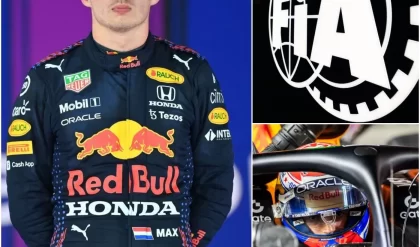When James Gunn took the reins of the DC Universe with his upcoming Superman film, set to release in 2025, he introduced a vision for the Man of Steel that starkly contrasts with Zack Snyder’s portrayal in Man of Steel (2013) and subsequent films. While Snyder crafted a Superman, embodied by Henry Cavill, as a near-mythic figure with godlike power towering over humanity, Gunn’s approach, with David Corenswet in the lead role, centers on a younger, more emotionally complex Clark Kent. This shift reflects not just a change in directorial style but a fundamental reimagining of what it means to be the world’s most iconic superhero.
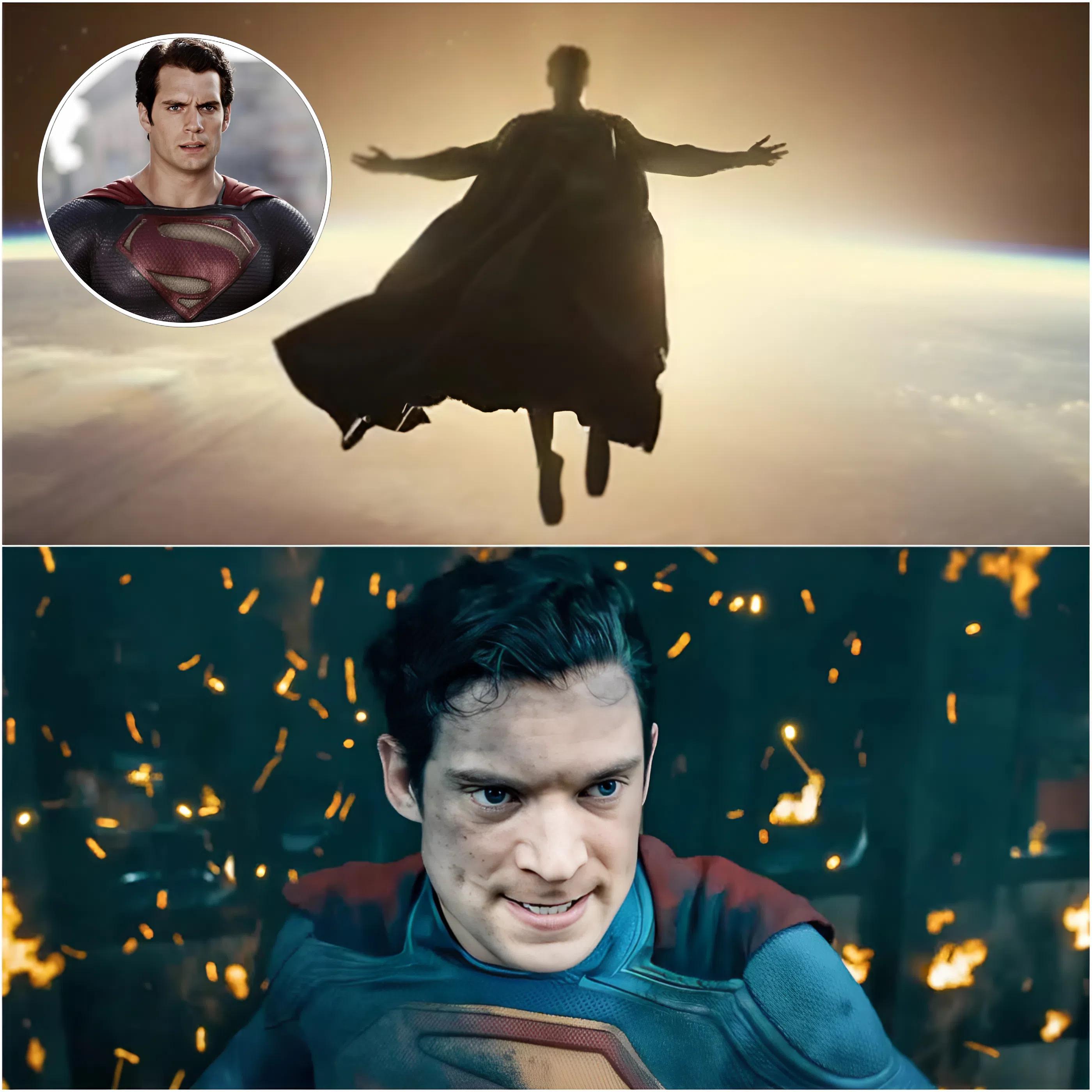
Snyder’s Superman is a towering symbol of strength and moral certainty. In Man of Steel, Cavill’s Clark Kent is portrayed as a reluctant deity, a Kryptonian who grapples with his immense power while striving to protect a world that fears him. Snyder’s aesthetic leans heavily into the epic, with sweeping visuals and a somber tone that emphasize Superman’s otherworldly nature. His battles, whether against General Zod or Doomsday, are cataclysmic, reinforcing the idea of a hero whose abilities set him apart from humanity. Cavill’s Superman is stoic, often burdened by the weight of his responsibilities, his emotions tightly controlled as he navigates his role as Earth’s protector. This portrayal draws heavily from the archetype of Superman as an almost untouchable savior, a beacon of hope who inspires awe but feels distant.
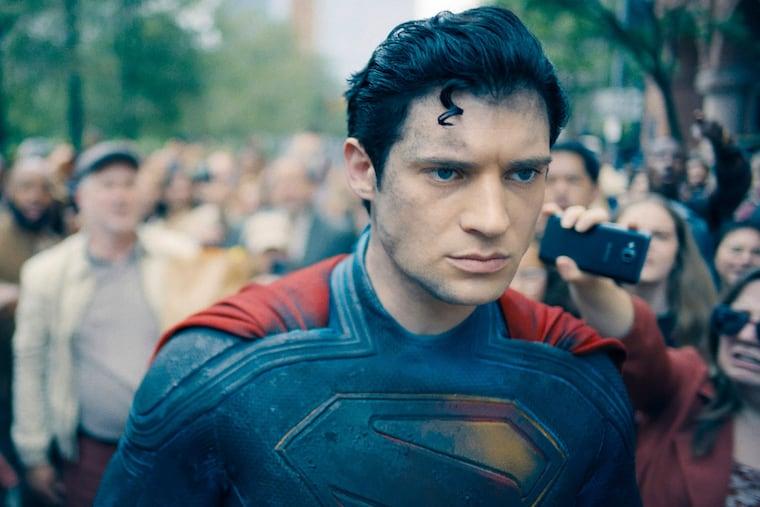
Gunn, by contrast, is crafting a Superman who is deeply human in his emotional spectrum. Early glimpses of Corenswet’s Clark Kent suggest a younger hero, one still finding his place in the world. Gunn has described his Superman as someone who experiences the full range of human emotions—sadness, joy, anger, and even resentment. This approach aligns with Gunn’s signature storytelling style, seen in films like Guardians of the Galaxy, where characters are flawed, relatable, and emotionally vibrant. Rather than a godlike figure, Gunn’s Superman is a man wrestling with his dual identity, navigating the complexities of being both a Kryptonian and a human raised in Smallville. This emotional depth promises a hero who is not just a symbol but a person audiences can connect with on a personal level.
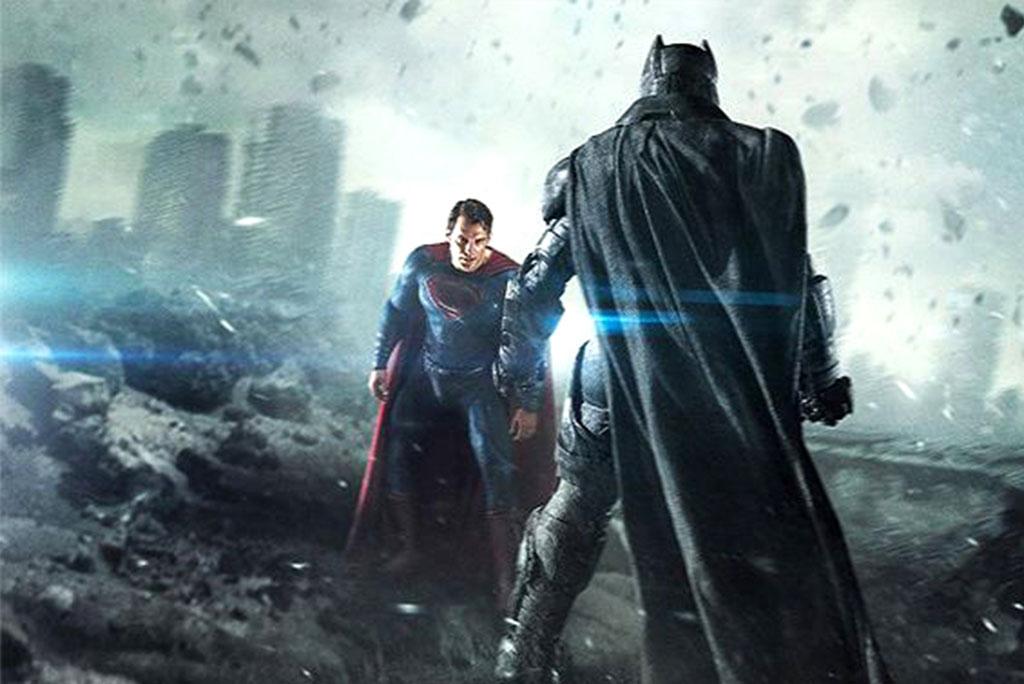
The differences between the two visions are rooted in their respective directors’ philosophies. Snyder’s Superman reflects a post-9/11 sensibility, where heroes are larger-than-life figures confronting existential threats. His films, steeped in a darker, more philosophical tone, explore what it means for a god to walk among men. Cavill’s portrayal, with its chiseled physique and restrained demeanor, embodies this mythic quality. Scenes like Superman’s first flight or his sacrificial battle against Doomsday underscore his near-divine power, often at the expense of emotional intimacy. Snyder’s Clark Kent is a man apart, his struggles more cosmic than personal.
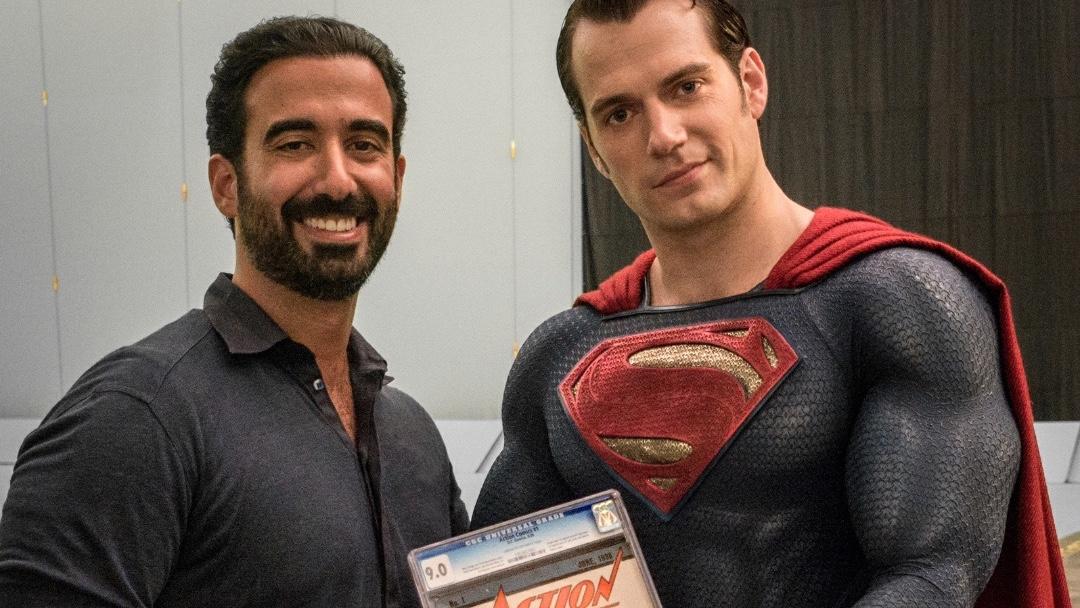
Gunn, however, brings a lighter, more grounded perspective. His Superman is not yet the fully realized icon but a young man still shaping his destiny. By emphasizing emotions like resentment—perhaps toward the expectations placed upon him—or joy, Gunn humanizes the character in a way that feels fresh for modern audiences. This approach resonates with contemporary sensibilities, where authenticity and vulnerability are valued in storytelling. Corenswet’s Superman, as seen in promotional materials, exudes a warmth and approachability absent in Snyder’s version, suggesting a hero who is as much defined by his heart as his strength.

This contrast also reflects the broader evolution of the DC Universe. Snyder’s Man of Steel was a bold attempt to ground Superman in a gritty, realistic world, but it faced criticism for its somber tone. Gunn, tasked with rebooting the franchise, appears to be steering it toward a more hopeful, character-driven narrative. His Superman is not just a protector but a figure whose emotional journey mirrors the audience’s own struggles. Whether it’s the joy of helping others or the anger of facing injustice, this Superman feels like a friend, not a deity.
As Superman prepares to soar into theaters, Gunn’s vision promises to redefine the character for a new generation. While Snyder’s godlike hero left an indelible mark, Gunn’s emotionally rich portrayal offers a counterpoint that celebrates Superman’s humanity. Both interpretations are valid, but they speak to different truths about the Man of Steel: one as an untouchable ideal, the other as a hero whose strength lies in his ability to feel. In a world hungry for connection, Gunn’s Superman may just be the hero we need.



